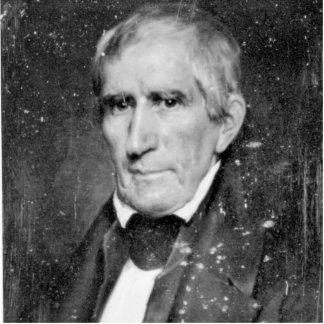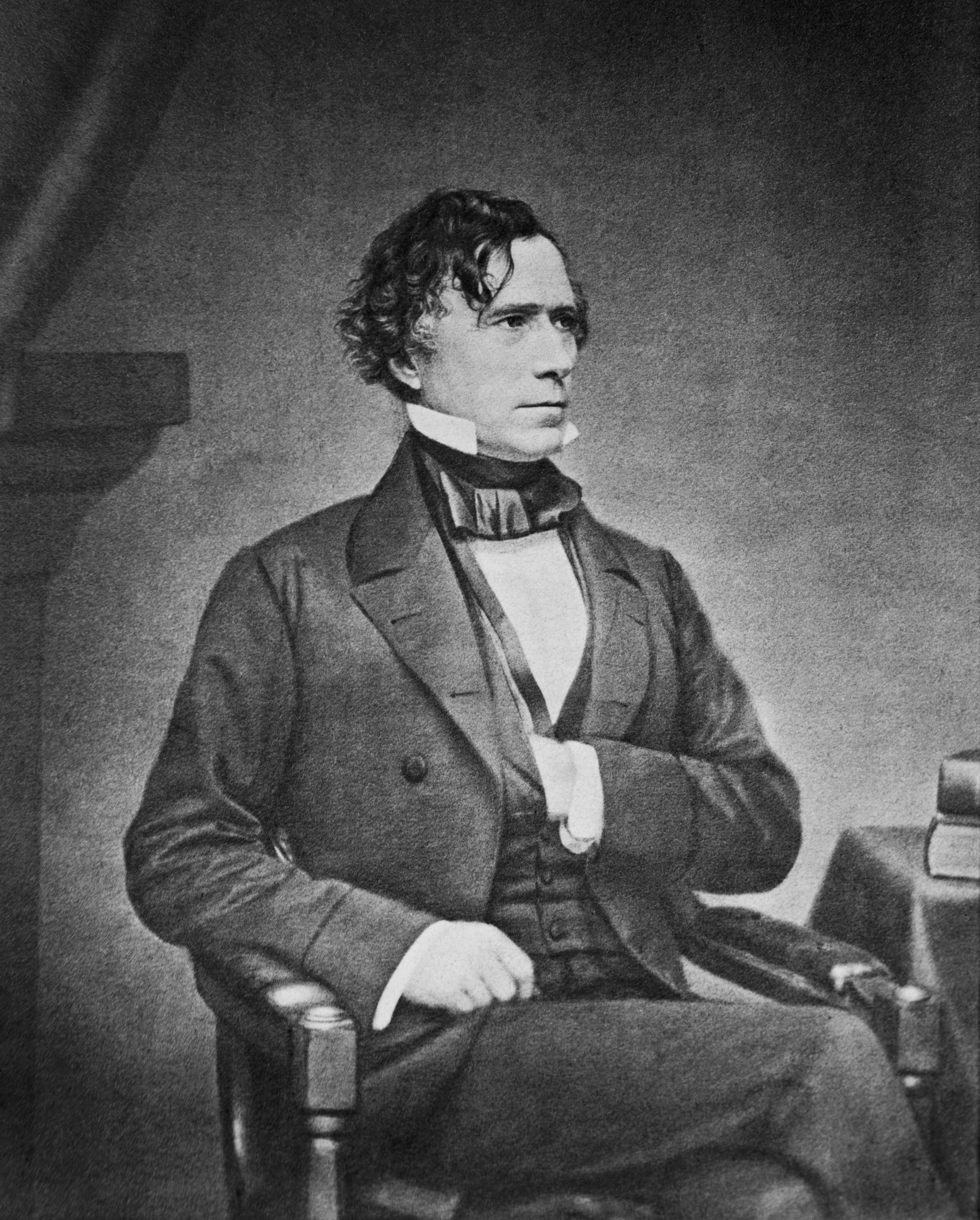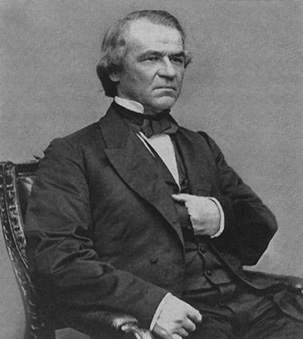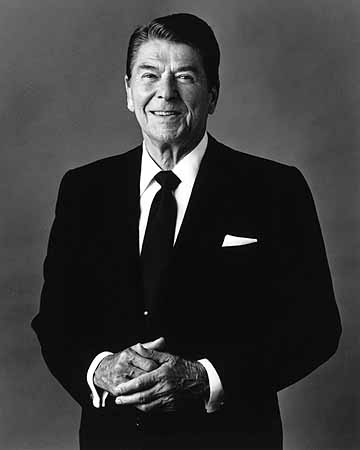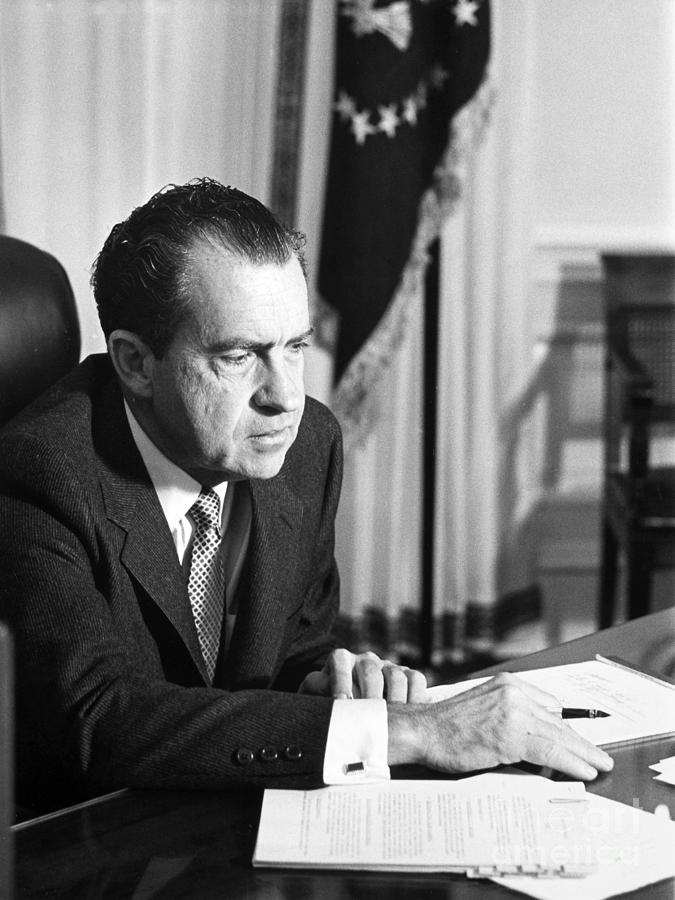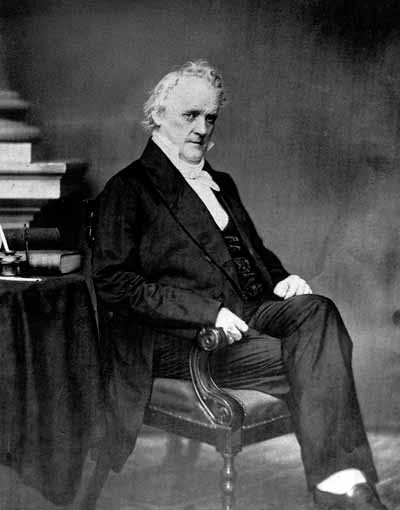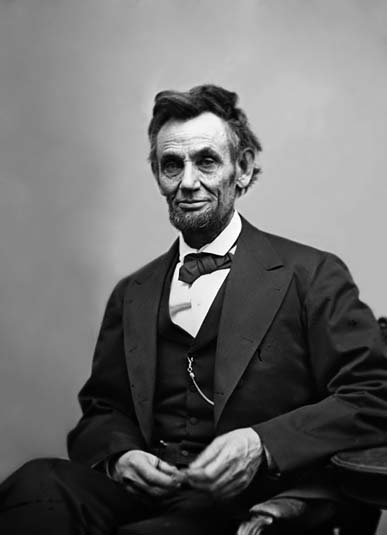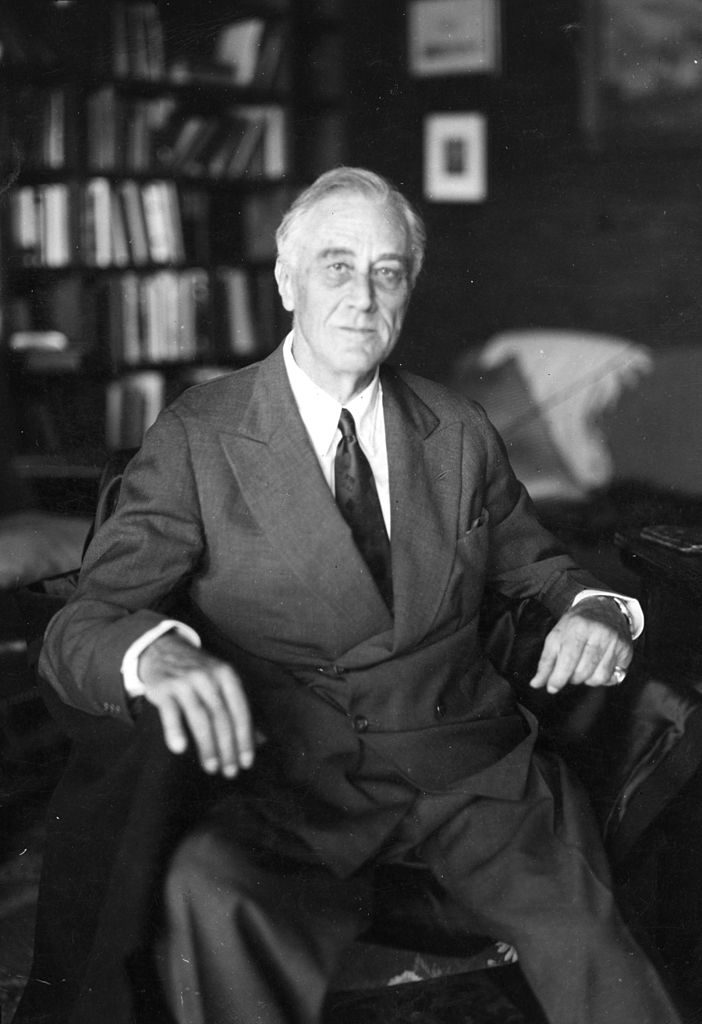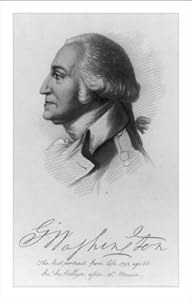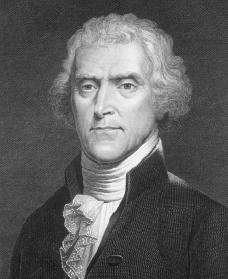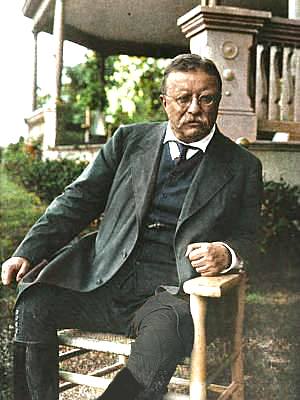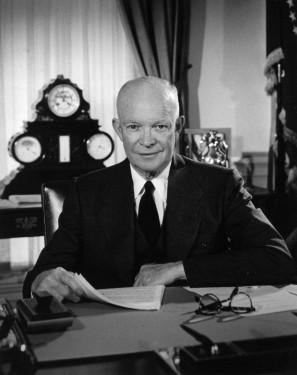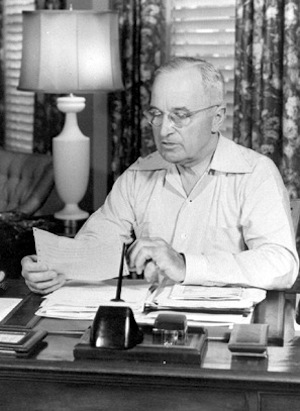After last year's inordinate number of books read, in the mid-60s, I have returned in 2015 to a more reasonable amount, of around 40. Without further ado, here are the books I read in 2015, with a special bonus round at the end commemorating five years of doing these recaps.
The Adventures of Ibn Battuta
Battuta is famous mainly for being a Muslim traveler throughout Africa, Asia, and as far afield as Russia. That journey in particular is often considered a highlight of the accounts, but the work is dry as unbuttered toast, lacking any of the pleasure of a travelogue, reading more as a chronicle.
Creating Magic by Lee Cockerell
The distance between garbage cans in Disney parks is the same distance it takes while walking to unwrap a candy bar. Gems like this show you how the entertainment empire, the parks especially and hospitality, became the efficient machines they are. I really enjoyed it, and recommend it to anyone who wants to know how to manage... anything.
Nonfiction
Laughter: An Essay on the Comic by Henri Bergson
There
are a few gems, in terms of passages, and when he gets going on art it’s good.
Mostly cruddy, though.
Six Not-So-Easy Pieces by
Richard Feynman
My
second encounter with Feynman. This six-chaptered book (like its easier
predecessor) distinguishes itself by solely focusing on a single topic:
relativity. I appreciate it since, unlike others, it starts with the math
(introducing vector algebra), and works forward.
The Periodic Table by Primo Levi
This
is an incredible little work – part scientific study, largely memoir,
scatterings of fiction – the last chapter is such a knock-out I recommend it
wholeheartedly.
The Mountains of California by John Muir
As a
Californian I wanted to get in touch with Muir’s writings. This, his first
book, has all of the expected love for the “Range of Light” with nice stories
of travels and travails, and interesting scientific field-guide types of
descriptions.
Pilgrim at Tinker Creek by
Annie Dillard
With
the ecstasy of a Transcendentalist in the woods, Dillard marvels at the world,
with passages of crackling familiarity and astonishingly perceptive
juxtaposition. A must for anyone interested in the wide-eyed fascination of
nature.
The Adventures of Ibn Battuta
Battuta is famous mainly for being a Muslim traveler throughout Africa, Asia, and as far afield as Russia. That journey in particular is often considered a highlight of the accounts, but the work is dry as unbuttered toast, lacking any of the pleasure of a travelogue, reading more as a chronicle.
Mr. Dooley: On Ivrything and
Ivrybody by Peter Finley Dunne
Humorous-ish
essays from the fictional Chicago barkeep about matters of import from the
Spanish American War through Teddy Roosevelt’s administration. An odd little
glimpse into the turn of the century, Mr. Dooley was at one time a sort of Jon
Stewart and Will Rogers rolled into one. Dialect (broad Irish), references long
forgotten, and certain politically incorrect writings have diminished his clout
into the 21st century considerably, and perhaps not unfortunately.
Liber Abaci by
Fibonacci
Only
those with a strenuous love of word problems, medieval mathematics, or
obtuse reckoning advised to proceed.
The Adams-Jefferson Letters edited
by Lester J. Cappon
The
complete correspondence between Jefferson with John and Abigail Adams.
Wonderful work, although it does run 600 pages, sometimes in sections that, to
the modern reader, are a bit obsolete. Essential for those with an interest in
the Enlightenment, early America, or old men complaining about the Missouri
compromise.
Outlines of Pyrrhonism by
Sextus Empiricus
It’s
been a while since I dabbled in writers from antiquity. This book is an
overview of skeptical arguments, primarily directed against the Stoics. Interesting
highlights.
The New Science by
Giambattista Vico
From
the early 1700s, this work attempts to reconcile the Bible, mythological
poetry, and philology. It does not succeed.
The Upanishads edited
by Valerie Roebuck
Commentary
on the Vedas that lay the groundwork for the yoga tradition. Some interesting
concepts, but by in large not philosophical texts.
Creating Magic by Lee Cockerell
The distance between garbage cans in Disney parks is the same distance it takes while walking to unwrap a candy bar. Gems like this show you how the entertainment empire, the parks especially and hospitality, became the efficient machines they are. I really enjoyed it, and recommend it to anyone who wants to know how to manage... anything.
Voices from Chernobyl by
Svetlana Alexievich
When
the Belarussian author won this year’s Nobel Prize I immediately searched for
this well-praised journalist’s work. The text, comprised of a selection of
interviews from all parts of society affected by the catastrophe, is one of the
most haunting, harrowing, and devastating books I’ve ever read.
Saving Capitalism by
Robert Reich
I’ve
read a good deal of Reich. It’s hard for me as a consequence to step out of my
bubble and realize that what he’s writing is often new to people.
An Investigation of the Laws of
Thought by George Boole
The
first 100 pages or so are quite interesting, but eventually the work confounds
any but the most ardent enthusiast, with a couple hundred pages of obtuse
mathematical equations on probability, with a brief, unedifying coda.
Fiction
Gitanjali by Rabindranath Tagore
Devotional
poems, with some nice turns of phrase.
The Sketch Book of Geoffrey
Crayon, Gent. by Washington Irving
The
two famous tales – Rip Van Winkle and Sleepy Hollow – are lost amidst a very
reflective, melancholic travelogue through Britain. While parts are intriguing,
with other fantastical tales lost within, it does get a bit repetitive and dry.
A Dance to the Music of Time,
Second Movement by Anthony Powell
After
a year’d passed since the ‘First movement’ I was quickly able to pick up where
the narrative had left off. Each ‘movement’ comprised three novels, some 800
pages per installment. Powell’s character, Nick, is now my age, and reflecting
as a cypher on the lives of others with increasing maturity. I look forward to the
back half.
The Hunchback of Notre Dame
by Victor Hugo
I had
never read Hugo, so my tradition of reading important French authors continued.
Incomparably better (who can be surprised?) than the Disney-fied version.
Journey to the End of the Night by
Louise-Ferdinand Celine
Celine
is an important French modernist, and influential existentialist. The book
reads as a shooting-gallery of existential dreads and numbness, from the
pointlessness of high adventure, to the banality of the everyday as months
pass…
Gypsy Ballads by
Federico Garcia Lorca
I
strongly preferred Poet in New York,
but that may be due to the difficulties of translating these ballads. Reading a
dual-language edition, I recognized (gropingly with my inferior Spanish) that
the poems in the original were marvelous, but not well-suited to translation
into English.
Season of Migration to the North by
Tayeb Salih
A
remarkable post-colonial novel, the Sudanese Salih tells the story of a
mysterious man, and the plain goings-on after an enigmatic life in Europe. The
narrator is an interesting character, as much as the unfathomable subject of
the piece.
Before Daybreak, The Weavers, The
Beaver Coat by Gerhart Hauptman
A
three-play collection of the German realist master and Nobel winner. The first
two are proletariat tragedies, and the third a somewhat amusing proletariat
comedy.
Teach Us to Outgrow Our Madness by
Kenzaburo Oe
A
repetitive selection of four short novels, focusing on madness, corpulence,
family, and suicide, I could appreciate Kenzaburo’s form, but not so much his
content.
The Spy Who Came in from the Cold by John Le Carre
I
rarely read the more ‘popular classics’ but I was very pleasantly surprised by
this Cold War spy thriller. I tend to forsake thrillers for the same reason as
mysteries, in particular, that they are a long wind-up to a punchline. Yet this
work did it so well I wasn’t even mad.
Life and Death are Wearing Me Out
by
Mo Yan
A
highly unreliable narrator/author tells a tale of reincarnation in peasant
China that progresses from the dawn of Mao’s revolution to the Millennium.
Complicated ancestral lines, love stories, reincarnation, and the
aforementioned narrator make this difficult to follow, and while passages are
rewarding, and Mo knows how to write, the sum is not more than the parts.
Omeros
by Derek Walcott
Difficult,
lengthy epic of Homeric themes in the Caribbean. Only to be approached if you
have a serious interest in the investment. But it may pay off – especially the
middle third.
Selected Poems by Jaroslav Seifert
Around
the 1930s and onwards Seifert begins to approach high levels of lyricism
focusing on a broad theme of love, from romantic and humanist to joi de vivre.
Arcadia Borealis by Erik Axel Karlfeldt
Unabashedly
pastoral rhyming poems, reflecting the turn of the century’s reaction against
industrialism.
Platero and I by Juan Ramon Jimenez
In a
superb translation by Eloise Roach a gentle world is illuminated through
Jimenez’s reflections. The last ten pages or so aren’t quite as rapturous as
the first two hundred, but it hardly seems fair to malign it on that point.
The Bonds of Interest by Jacinto Benavente
A
nice little comedy/farce about society with some better-than-average wordplay.
The Axion Esti by
Odysseas Elytis
An
interesting and deft poem, celebrating the Greek Orthodox interpretation of the
Old Testament, layered with personal recollections of the Second World War.
O the Chimneys by Nelly Sachs
This
poetry collection starts out very strong, and gets comparatively weaker,
culminating in a rather uninteresting, and unrepentant ‘mystery’ play.
A Longing for the Light by
Vicente Aleixandre
A
collection of poems which begin with themes of existential loneliness, then
segue into passionate manifestations on love…which don’t quite land as well as
the earlier works.
Decameron by Boccaccio
One
of the few Great Books to elude my reading it over the years I was quite glad
to finally encounter this massive work. Ribald and amusing, clearly
influential, but – I can’t believe I’m honestly going to say this – could have
been shorter. Please don’t hurt me.
Njal’s Saga
Previously
I’d only read the short Vinland Sagas, but this lengthy epic has an unusually
powerful draw to it, and moves of its own accord. The last section is rather
rambly, and poorly tied to the rest, but most of the work is quite compelling.
Idylls of the King by Alfred Lord Tennyson
Tennyson
is sad Prince Albert died, and compares him to Arthur. I can only wonder how
Victoria, who is analogously the faithless Guinevere, must have thought of it.
Barbarian Odes by
Giosue Carducci trans. William Fletcher Smith
Rather
difficult to find in English translation, these poems, “barbarian” in their
meter rather than subject matter, ostensibly are the Italian poet’s finest
works. A knowledge of the classical is a must, and even then they tend to be
bogged down in allusion. Those which I knew the allusions, or which avoided
that problem, were well written, but this was not the majority. Only worth
seeking out if a specialist.
The Day of the Locust by Nathanael West
A
harsh, violent little book. I’d say hardboiled, but there’s too much attention
to color patterns and detail – and its somehow both too greasy and not greasy
enough.
Graphic
Novels
Saga vol. 1-5 by
Brian K. Vaughan and Fiona Staples
Good writing and good illustration. Vaughan knows what he’s
doing, far outpacing he earlier ‘Runaways’, and Staples clearly has studied
Eisner and the rest of the best.
Little Nemo: Return to
Slumberland by Eric Shanower and Gabriel
Rodriguez
Slim,
pleasant volume that pays homage to the great work by McKay. The chapter of
Escherian themes was a nice touch, along with a number of other little nods.
Whatever Happened to the Man of
Tomorrow? and For the Man Who Has Everything by Alan Moore, Curt Swan, and Dave Gibbons
Two
particularly good stories of a character that’s very hard to write for well
(three actually – The Jungle Line is included and is good too – just not quite
as memorable).
Top
5
Voices
From Chernobyl
The
Periodic Table
Platero
and I
Season
of Migration to the North
Pilgrim
at Tinker Creek
Special
5th Year Roundup!
My
First Books of the Year list was in 2011, and since then I have read, as of
this year, around 220 books. So here are the Top 5 in Nonfiction and the Top 5 in
Fiction, culled from the best of five years. It’s a fivestravaganza!
TOP
5 NONFICTION 2011-15
Voices
from Chernobyl by Svetlana Alexievich
The
Periodic Table by Primo Levi
The
Unwinding by George Packer
From
Dictatorship to Democracy by Gene Sharp
Understanding
Physics by Isaac Asimov
TOP
5 FICTION 2011-15
Memoirs
of Hadrian by Marguerite Yourcenar
Pedro
Paramo by Juan Rulfo
Death
Comes for the Archbishop by Willa Cather
Sister
My Life by Boris Pasternak (Fayderman, trans.)
Brideshead
Revisited by Evelyn Waugh

